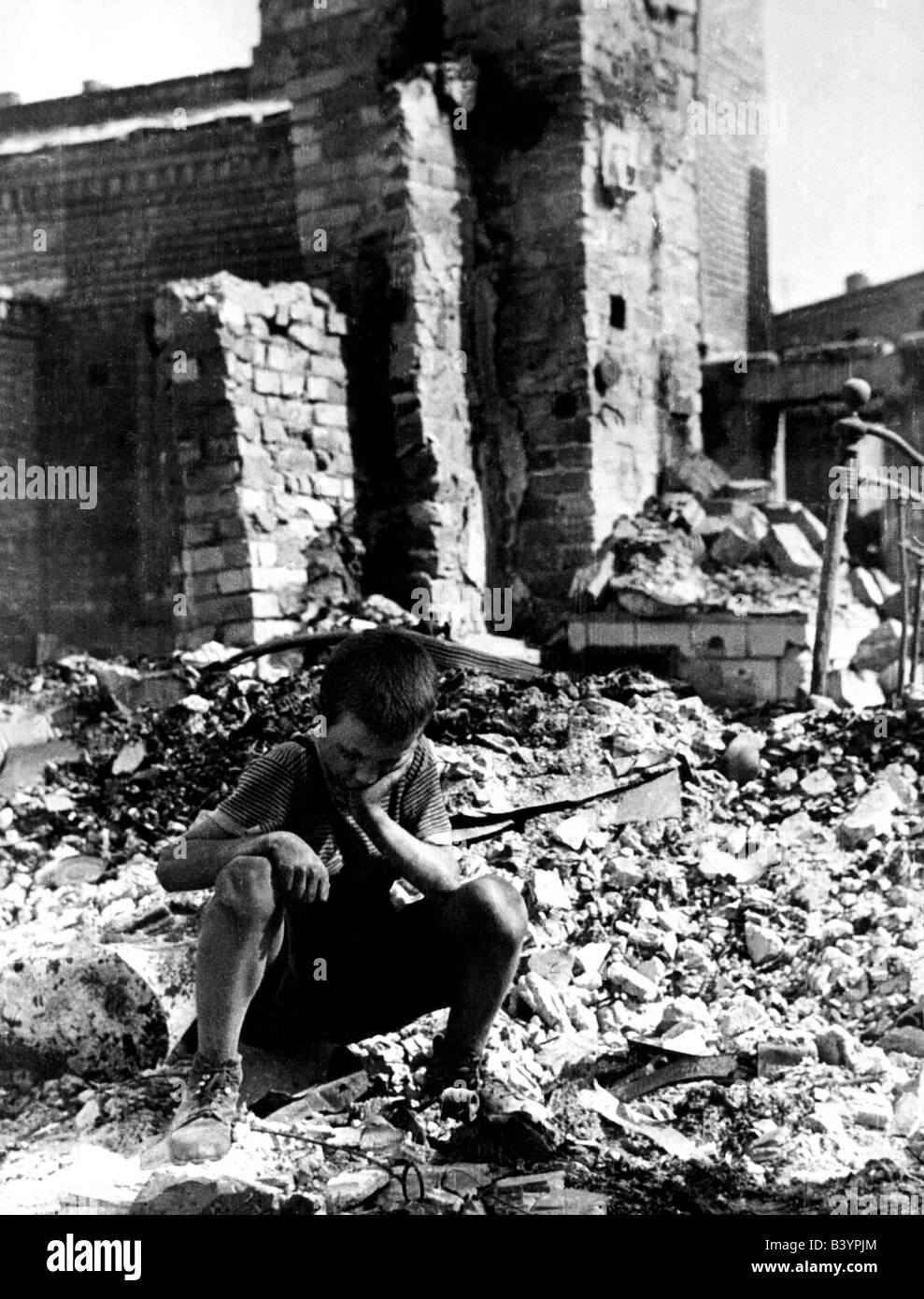

Production sped up, new factories were built, closed factories reopened, and millions of jobs were created in both private and public sectors. economy, which like most other countries was reeling from the Depression, was suddenly doing great. Some of the people of these countries, along with minorities within Germany, were also forced to become unpaid laborers-essentially slaves-to the German war machine. Of course, because his vision also demanded the racial and ethnic "purity" of this expanded realm, this plan also called for the removal or genocide of many of the populations of the conquered regions.

One part of Hitler's plan was to use this new military might to invade neighboring countries for resources and industrial goods to further his vision of a Greater Germany. To create jobs-which the economy desperately needed-Hitler's government increased military spending, and German businesses were given profitable government contracts. When Adolph Hitler promised to end the economic suffering and humiliation of the German people, his political party rose to power. Germany, still reeling from their defeat in WWI had been hit especially hard. For starters, the Great Depression had just caused a global crisis. A look at the context will help illustrate how various nations, often very distant from each other, had similar economic motives as they mobilized (prepared) for war.


 0 kommentar(er)
0 kommentar(er)
